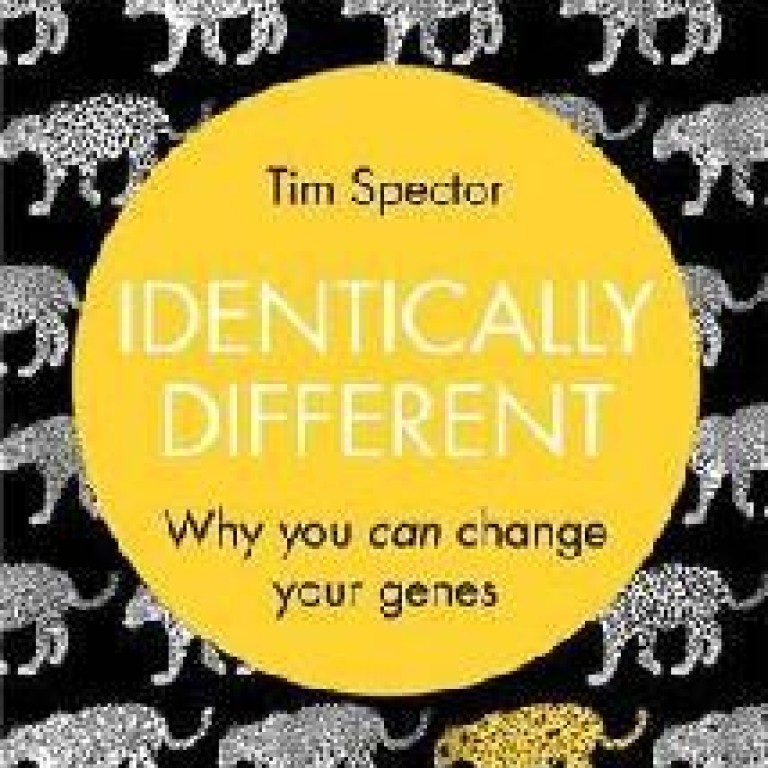
The real significance of gene doping
The Olympic Isle on opening night in July was full of sweet noises and good intentions. But beneath the fantasy a sewer ran, diverted but untamed: the spectre of doping. And not just doping, because this is the age of genomics: gene doping.
by Tim Spector
Weidenfeld & Nicolson
Health science Identically Different: Why You Can Change Your Genesby Tim Spector Weidenfeld & Nicolson4 stars Peter Forbes
The Olympic Isle on opening night in July was full of sweet noises and good intentions. But beneath the fantasy a sewer ran, diverted but untamed: the spectre of doping. And not just doping, because this is the age of genomics: gene doping.
The means by which gene doping might be achieved is King's College London professor of genetic epidemiology Tim Spector's field of expertise - epigenetics - although his real subject is twins and what they tell us about genes. Identical twins are a unique test of genes in action because, having come from a single fertilised egg, they have identical genomes, all three billion letters of them. They are clones.
The point about twins and identical genes is that genes in action do some strange things we are only just beginning to understand - identical genes can diverge in their expression during the course of a lifetime. This is epigenetics. It is now generally accepted that personal experience can change our genes. If you practise music for six hours a day and become a great musician, your brain will show recognisable changes both in large-scale anatomy and genetically.
But the puzzle is that some of these changes can be passed on to offspring, and the effect - although it eventually disappears after three to four generations - can have profound consequences.
Spector explains these facts clearly and does not overdo the deep biology. Most of the book consists of case histories and studies of the crucial traits that matter to all of us: intelligence, athletic and artistic skill, disease, obesity, sexual orientation. What the genomic revolution has done is to reopen the old nature/nurture debate.
Like most writers on genetics, Spector has to reiterate a health warning: genes are not "for" bodily attributes; the target is proteins not traits, and what the proteins do next depends on concerted action with other proteins.
There are twins separated at birth who meet decades later wearing the same clothes, with wives bearing the same forename. On the other hand, there are twins who grew up together who diverge in sexual orientation, wealth and health.
Genetic determinism is still prevalent in our culture and is a necessary corrective.
